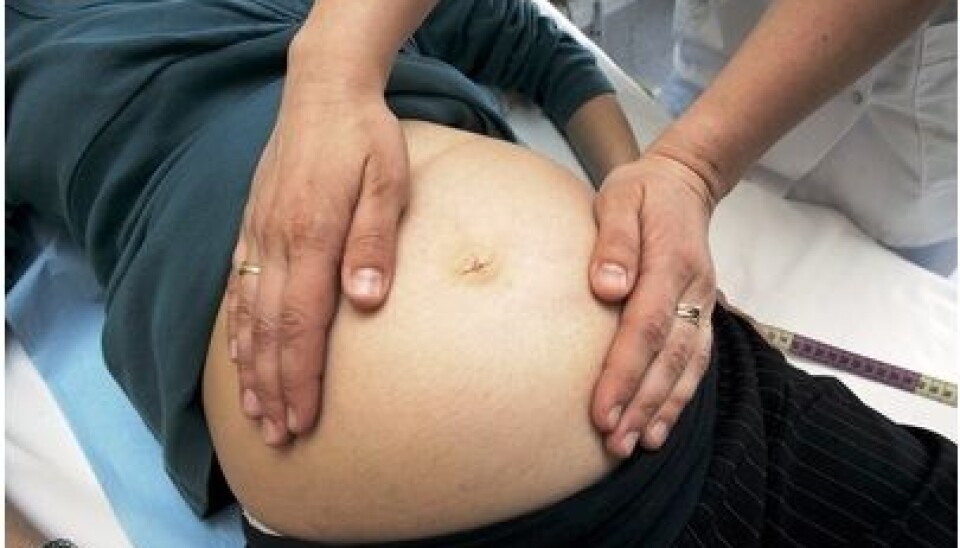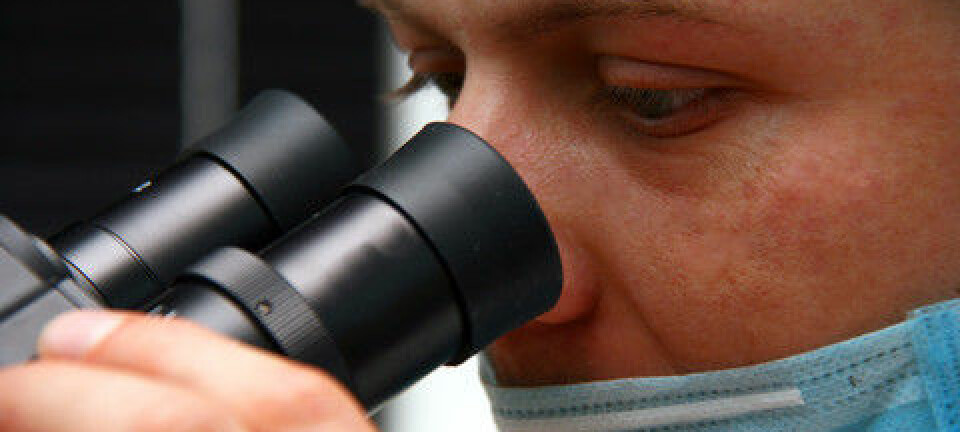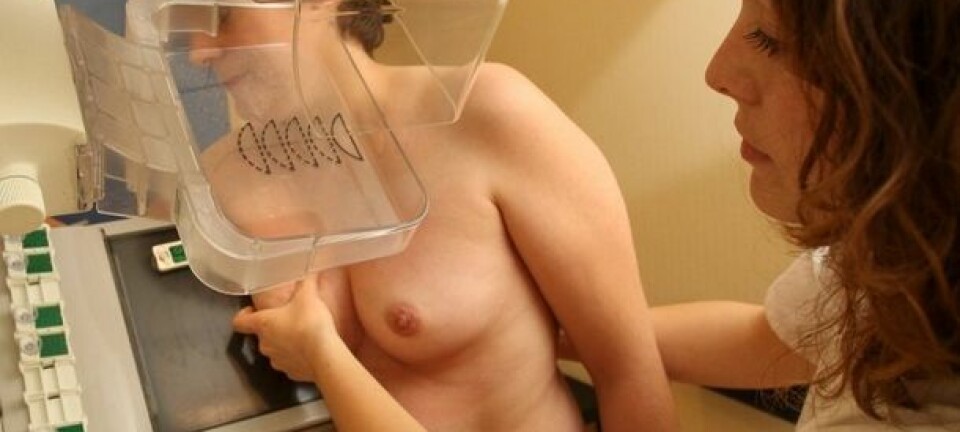
Fertility help doesn’t raise cancer risks
Women receiving hormonal stimulation to aid them get pregnant are not increasing their risk of cancer. Contrarily, infertility appears to heighten chances of contracting the disease.
Denne artikkelen er over ti år gammel og kan inneholde utdatert informasjon.
We’ve understood massive doses of hormones can be dangerous. Hormone treatment to moderate problems with menopause and the hormone bombs that were initially marketed as contraceptive pills have been clearly linked to increased risks of breast and uterine cancers.
This triggers the question of whether hormone treatment against infertility jeopardizes women in the same way.
A new Norwegian review of published research studies tentatively indicates that hormonal stimulation to promote pregnancies is pretty safe. Researchers find no clear connection between such treatment and breast, ovarian, uterine or cervical cancers.
“It actually looks as if getting pregnant helps protect the body against cancer and infertility comprises a risk of cancer,” says Ritsa Storeng, a researcher at the Women and Children’s Division of the Oslo University Hospital and the first author of the study.

However, she stresses that such treatment hasn’t existed long enough for medical researchers to be entirely sure.
Based on 30 studies
Hormones can be given to help infertile women become pregnant. An extra dose of hormones can make ovaries mature more than one egg per month. Doctors can then remove eggs, fertilise them in a laboratory and then place the most promising embryo back in the uterus.
The size of hormone dosages can be varied from patient to patient, and the same woman can also receive different doses in separate fertilisation attempts. In any case, their intake of hormones will thus be many times the normal amount produced by their bodies naturally.
Hormones are potent and can have undesired effects. In recent years numerous studies have been made checking the impact these substances have on women who with such medical help attempt, successfully or not, to become pregnant.
So Storeng and three fellow researchers ploughed medical databases for relevant literature. They analysed over 30 studies including comprehensive research projects lasting for years with follow-ups of a large number of patients as well as shorter studies with fewer participants.
“According to current research results there’s no clear link between cancer and infertility treatment. A few smaller studies have indicated a connection, but the major studies all concur that it is safe. This is comforting,” says Storeng.
According to Storeng approximately the same methods are used in fertility clinics worldwide so the results should be internationally applicable.
Nevertheless, she and her colleagues have started a study to check the cancer risk among Norwegian women who have received such help in attempts to have children.
Follow-ups for decades
The encouraging results are still not totally reliable. Cancer is a malicious disease and most cases strike late in life, after the age of 60.
The first test-tube baby in Norway was born in 1984 and in the nearly 30 years that have passed few of the women have reached their 60s.
“We haven’t been providing this treatment very long. It’s hard to say whether we’ll find an increased cancer risk as time passes, when the women get older, but it’s something we need to keep investigating,” says Storeng.
Failed fertility treatment with hormones also needs to be researched:
“What if a woman is infertile and attempts unsuccessfully to become pregnant through hormone treatment. Could this have a reinforcing effect on the cancer risk which infertile women already seem to have? This is one of the things we just don’t know yet,” adds Storeng.
Translated by: Glenn Ostling
































